Consternation over Iran boiled Tuesday on Capitol Hill as Israeli Prime Minister Benjamin Netanyahu declared Tehran’s push for nuclear weapons “could well threaten the survival of my country.” But over at the Pentagon, the Iran focus wasn’t on Netanyahu but Iraq. That’s because Iran is playing a key role in Baghdad’s fight to retake Tikrit from the Islamic State of Iraq and Greater Syria, while the U.S. is confined to the sidelines.
After the U.S. invested $26 billion rebuilding the Iraqi army over the past decade, some Pentagon officials found it disconcerting to see Iranian-backed Shi’ite militias leading the charge into Saddam Hussein’s hometown. The Iranians, of course, are relishing the opportunity: Hussein was running Iraq when it launched the eight-year Iran-Iraq war that ended in a stalemate in 1988 with roughly 200,000 killed on each side.
American concern is justified: having Iranian-backed Shi’ite forces storm largely-Sunni Tikrit risks turning the conflict against the Sunni ISIS forces into a sectarian conflict that could balloon into a civil war. “It’s absolutely key that [the Iraqi government] make sure that they have provisions in place to accommodate the Sunnis,” Army General Lloyd Austin, chief of the U.S. Central Command, told the House Armed Services Committee Tuesday. “That lack of inclusion is what got us to this point, and I think the only way that we can ensure that we don’t go back there is if we have the right steps taken by the government.” Fewer than 1,000 of the 30,000 fighters battling ISIS for Tikrit are Sunni tribal fighters, according to Iraqi estimates.
The populations of both Iran and Iraq are primarily Shi’ite. Since Saddam’s hanging in 2006, the Sunnis of western Iraq have been treated poorly by the Shi’ite-dominated government in Baghdad. Many Sunnis welcomed ISIS’s move into the region last year, when it killed more than 1,000 Iraqi Shi’ite troops who had been stationed at a base known, when the Americans were there, as Camp Speicher. Some of the Shi’ites attacking Tikrit are bent on revenge for the slaughter, which could exacerbate intra-Muslim tensions.
7 Times World Leaders Addressed Congress
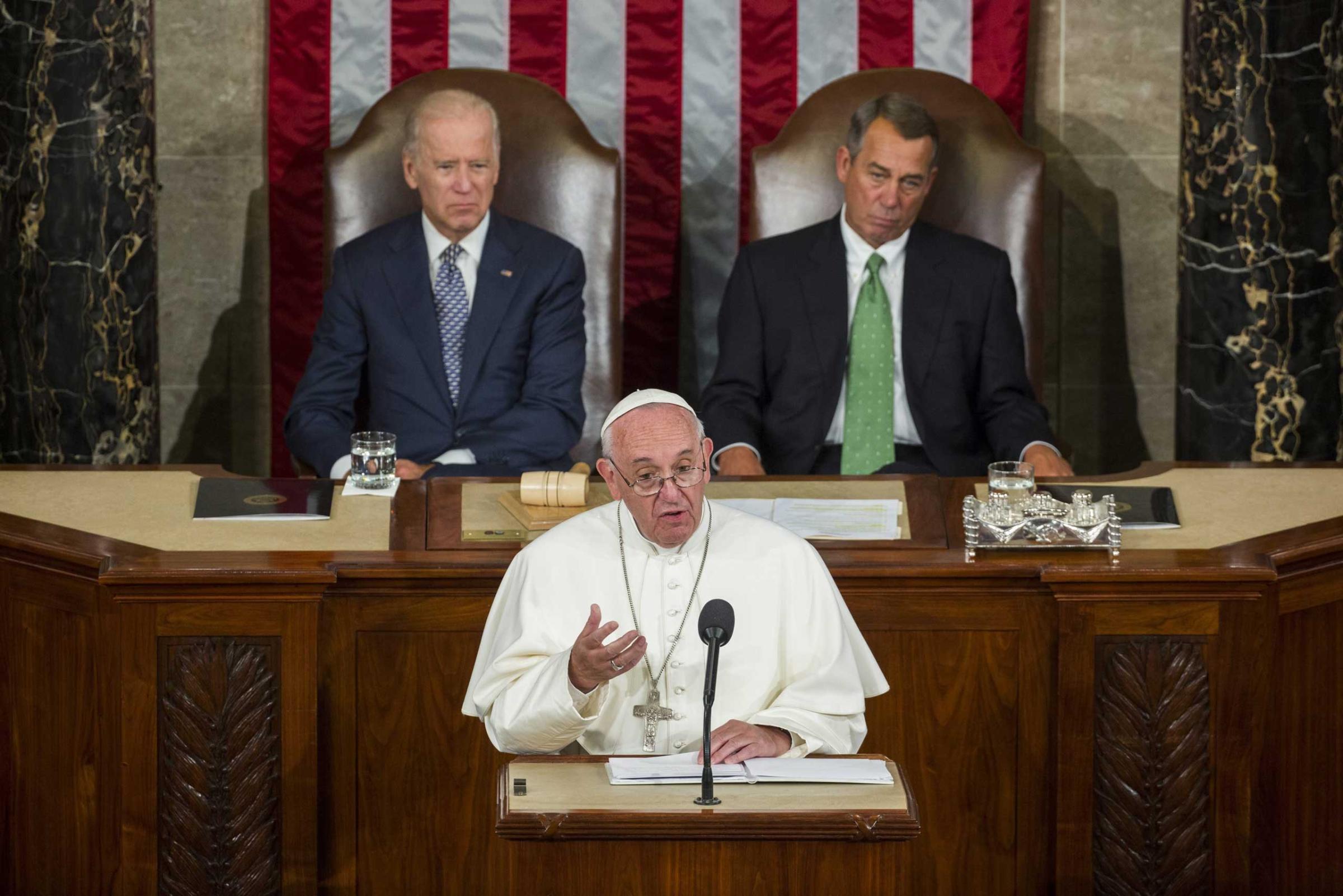
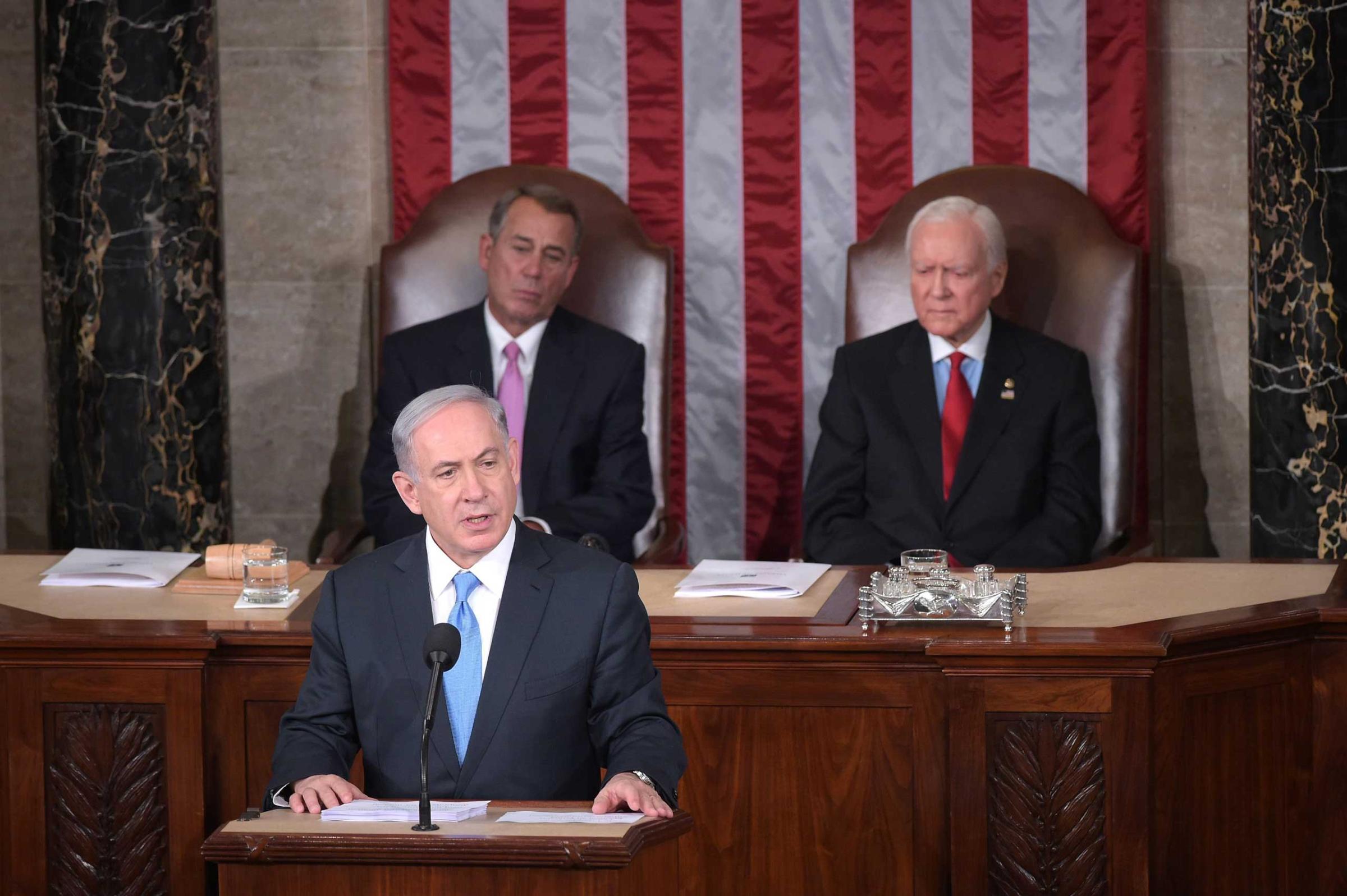
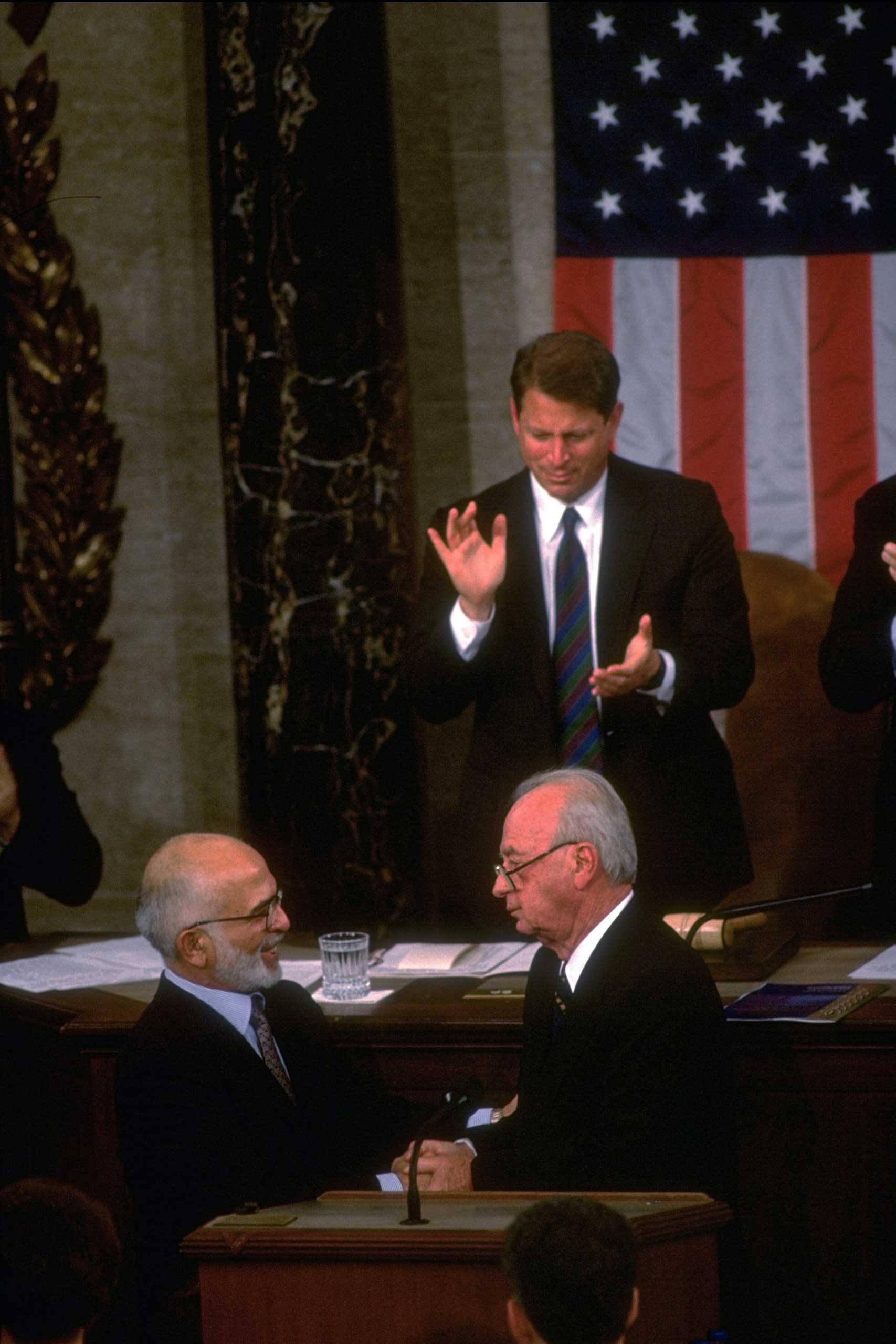
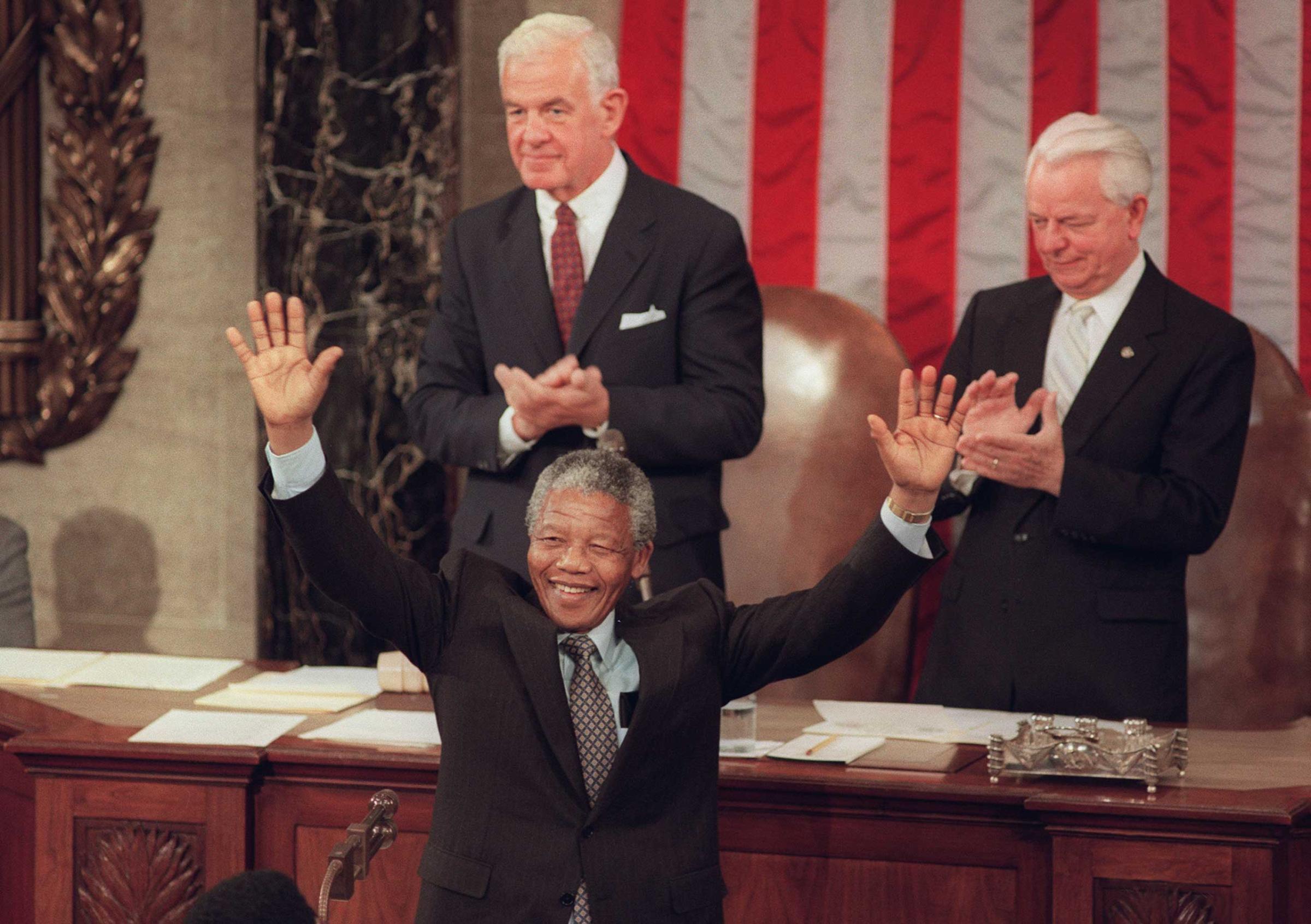
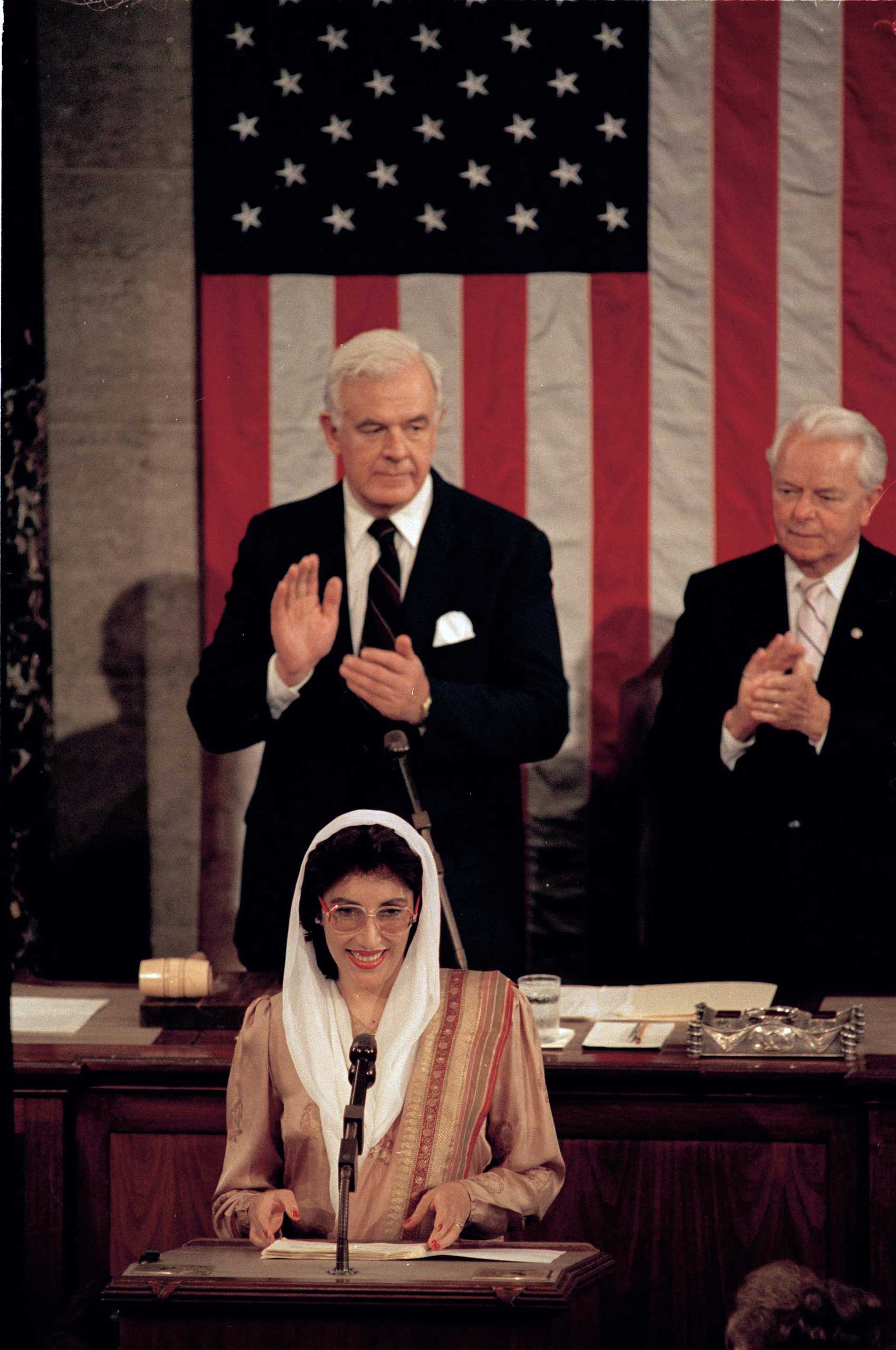
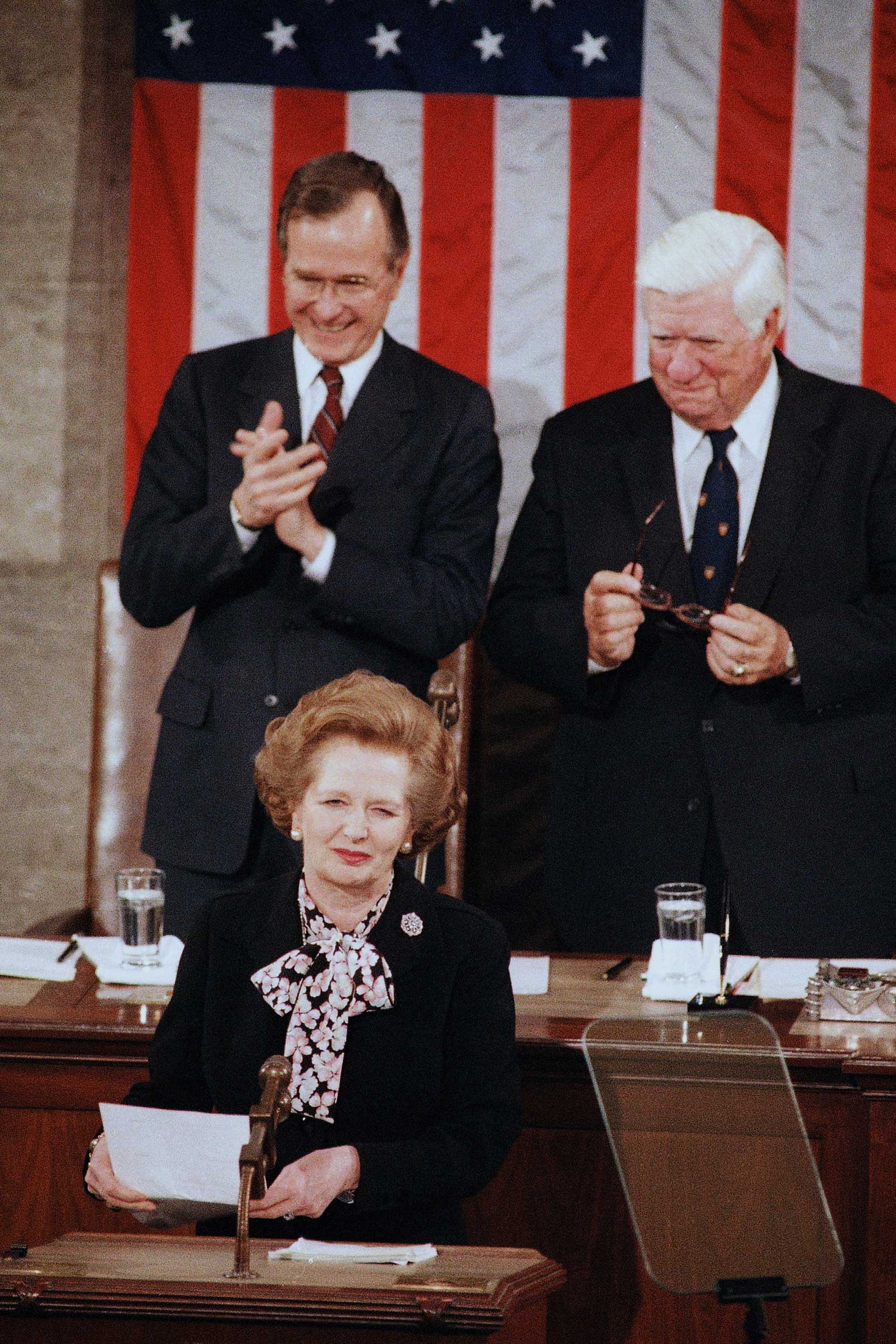
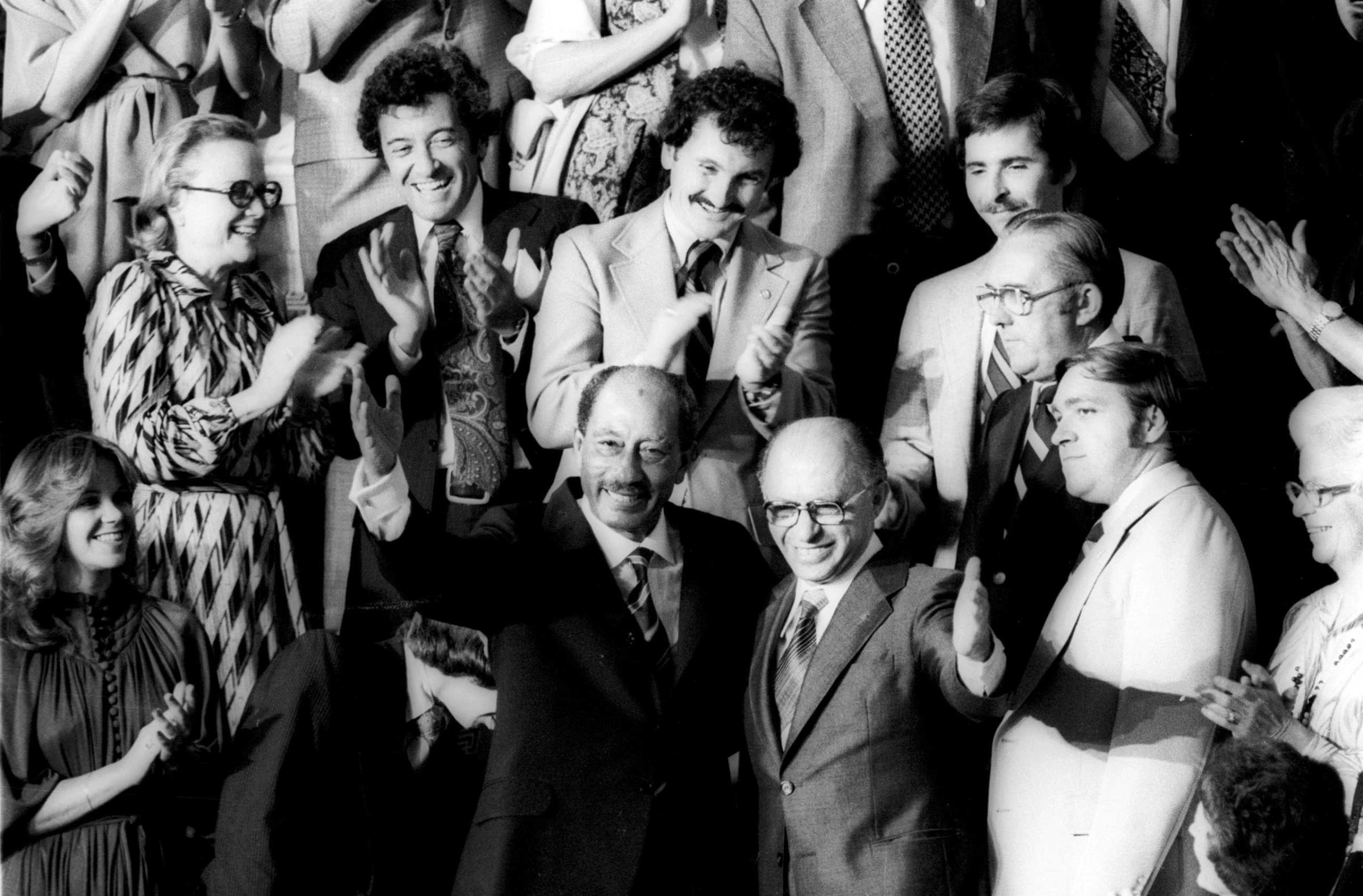
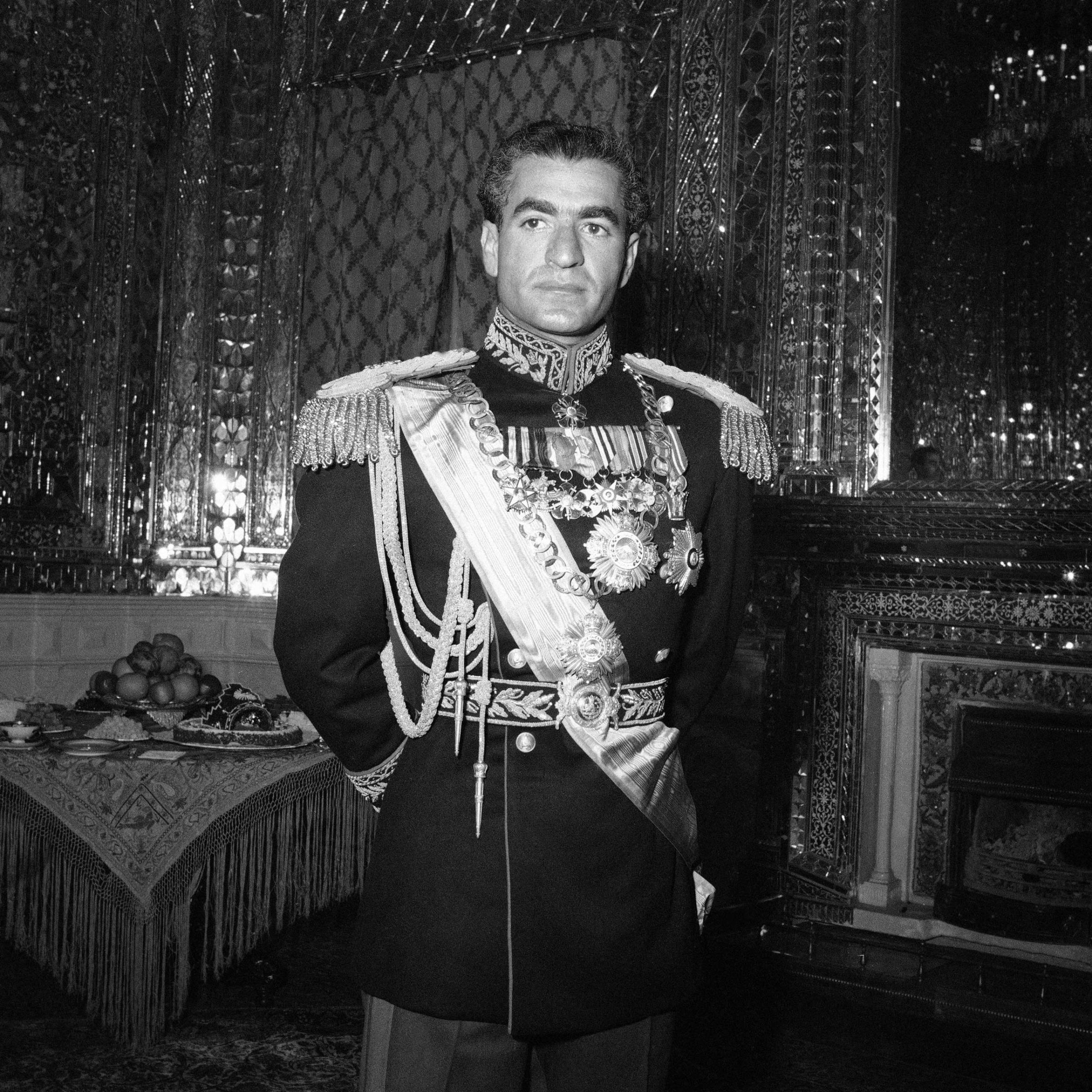
Iran, according to reports from the front and Pentagon officials, is backing Iraqi forces with air power, artillery fire and advisers guiding Shi’ite militiamen, who account for perhaps 10,000 of the fighters trying to retake Tikrit. “This is the most overt conduct of Iranian support, in the form of artillery and other things,” Army General Martin Dempsey, chairman of the Joint Chiefs, told the Senate Armed Services Committee later Tuesday. “Frankly, it will only be a problem if it results in sectarianism.”
Meanwhile, the U.S. — which has conducted thousands of air strikes against ISIS targets since August — has been grounded in the battle to retake Tikrit. The daily U.S. tally of air strikes launched Wednesday ticked off targets around al Asad, Bayji, Mosul, Ramadi and Sinjar. But there were no strikes in or around Tikrit, although U.S. drones are keeping a nervous eye on the fighting (“We have good overhead imagery,” is how Austin put it).
Iran has reportedly dispatched commanders notorious for their killings of Sunnis to the fight. That may lead Tikritis to view those seeking to free their city from ISIS’s grip not as rescuers but as bloody vengeance-seekers.
As the U.S. and Israel work to keep Iran’s nuclear genie bottled up, both Washington and Tehran have said they are not operating together inside Iraq. “We don’t coordinate with them,” Austin, whose command oversees U.S. military forces inside the country, repeated Tuesday.
In other words, they’re allied, but not allies. “The battle between Iran and ISIS doesn’t turn Iran into a friend of America,” Netanyahu told Congress on Tuesday. “Iran and ISIS are competing for the crown of militant Islam … They just disagree among themselves who will be the ruler of that empire.”
More Must-Reads From TIME
- The 100 Most Influential People of 2024
- Coco Gauff Is Playing for Herself Now
- Scenes From Pro-Palestinian Encampments Across U.S. Universities
- 6 Compliments That Land Every Time
- If You're Dating Right Now , You're Brave: Column
- The AI That Could Heal a Divided Internet
- Fallout Is a Brilliant Model for the Future of Video Game Adaptations
- Want Weekly Recs on What to Watch, Read, and More? Sign Up for Worth Your Time
Contact us at letters@time.com